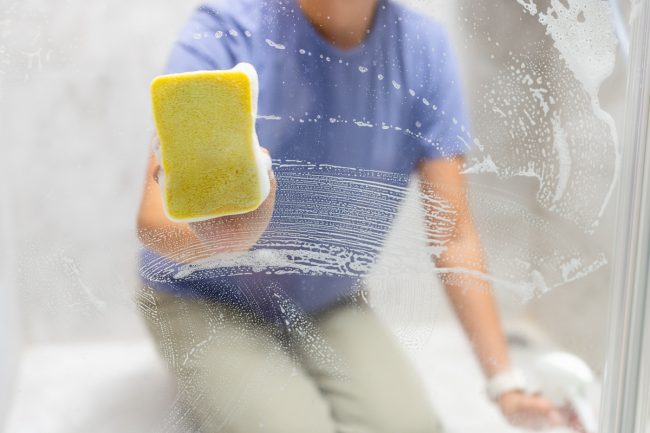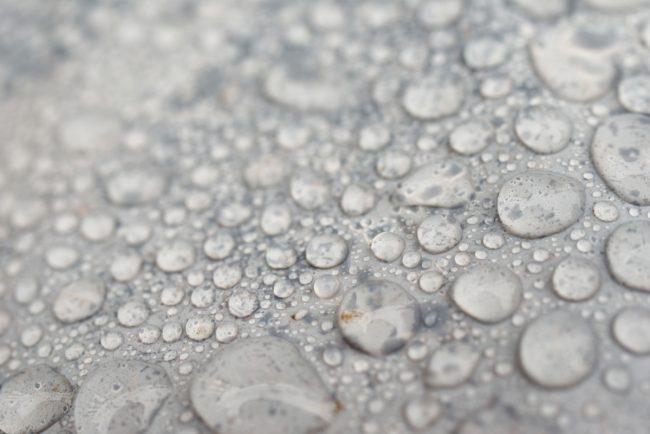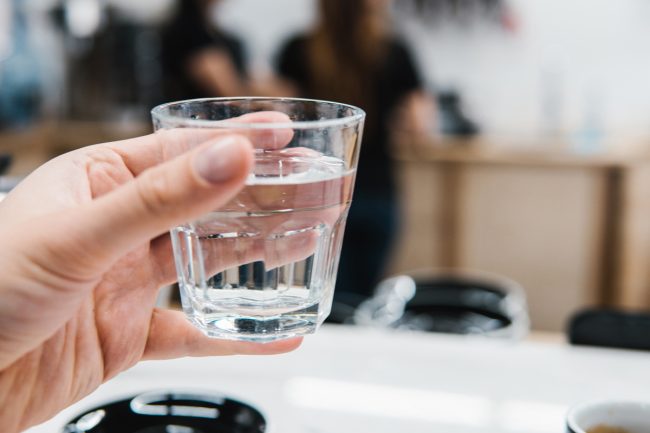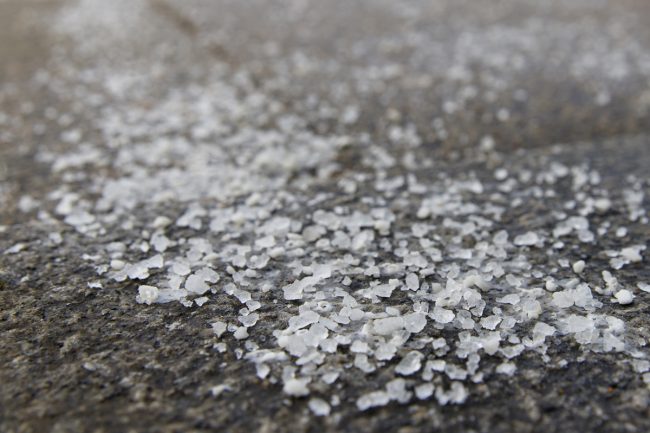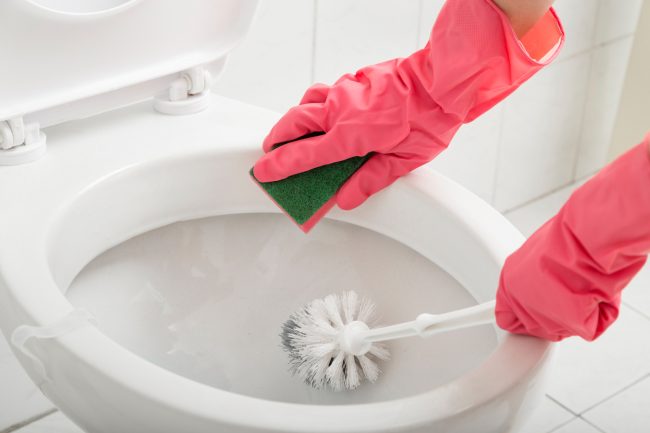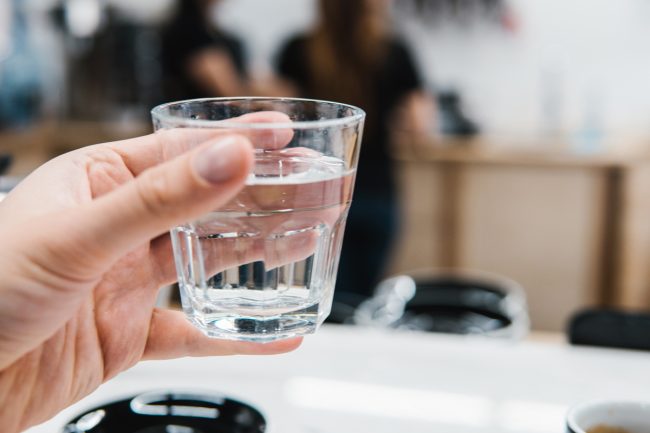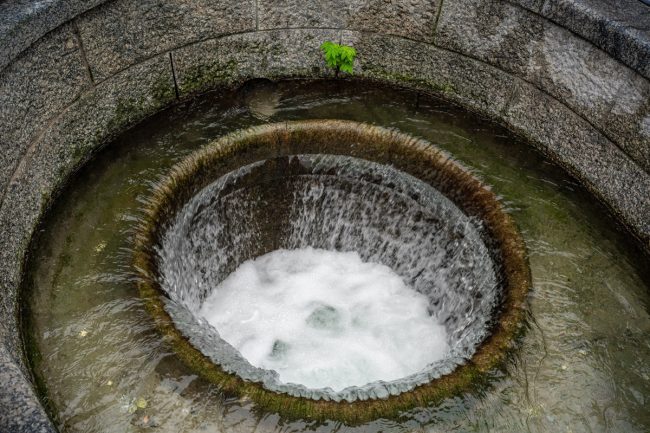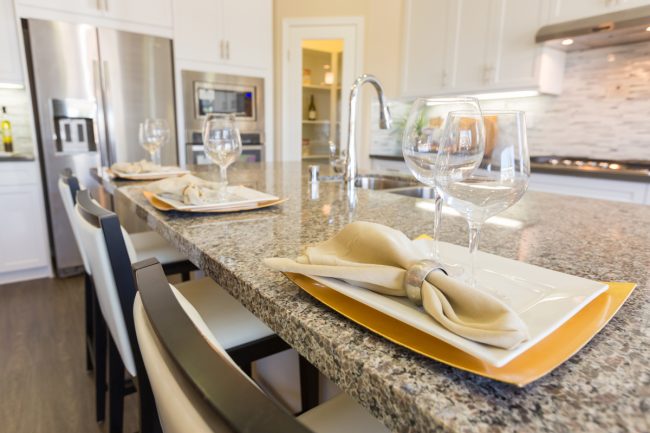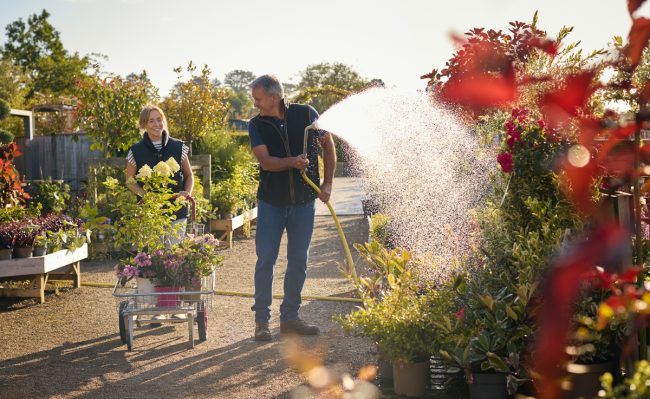What Is Limescale?
Even if you didn’t know the name for it, anyone who lives in Arizona has probably seen limescale. Limescale is the white or grayish-gray residue that builds up on plumbing fixtures, appliances, and heads of showers. Particularly prevalent in places like Phoenix and the surrounding Valley, it is one of the most prevalent indications of…

